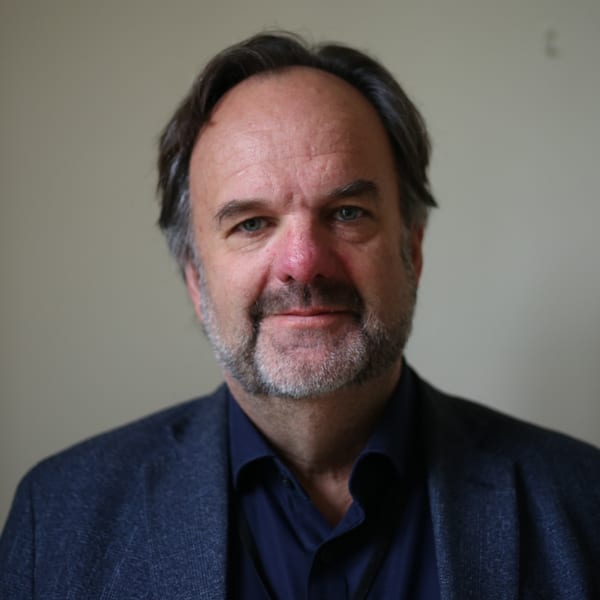The UN Guiding Principles - Realising the Third Pillar
11 March 2015

IHRB Executive Director John Morrison delivered a keynote speech at a UK Global Compact Network UK event that brought together a range of leading speakers in the business and human rights field to explore the third pillar of the UN Guiding Principles on Business & Human Rights - access to effective remedy.
He started by saying:
"Two weeks ago I was in Myanmar with the team from our Myanmar Centre for Responsible Business. During the visit we travelled to the southern end of the country to the town of Dawei, alongside the Thai border. After a two-hour bumpy van journey through the Tenasserim Hills, we met villagers who showed us where their homes used to be before a metre-deep toxic sludge washed down the valley from the Heinda Tin Mine. When the wall of a tailings dam burst, their wells were poisoned as were the coconut trees surrounding them. Although the Myanmar authorities criticized the Thai-owned mine, nothing has happened in the three years since the disaster. No justice, no compensation, no remedy. The mining company seems to be operating with impunity. Registered in Thailand, its legal presence in Myanmar seems opaque – the corporate veil is firmly in place."
Read the full speech here.




